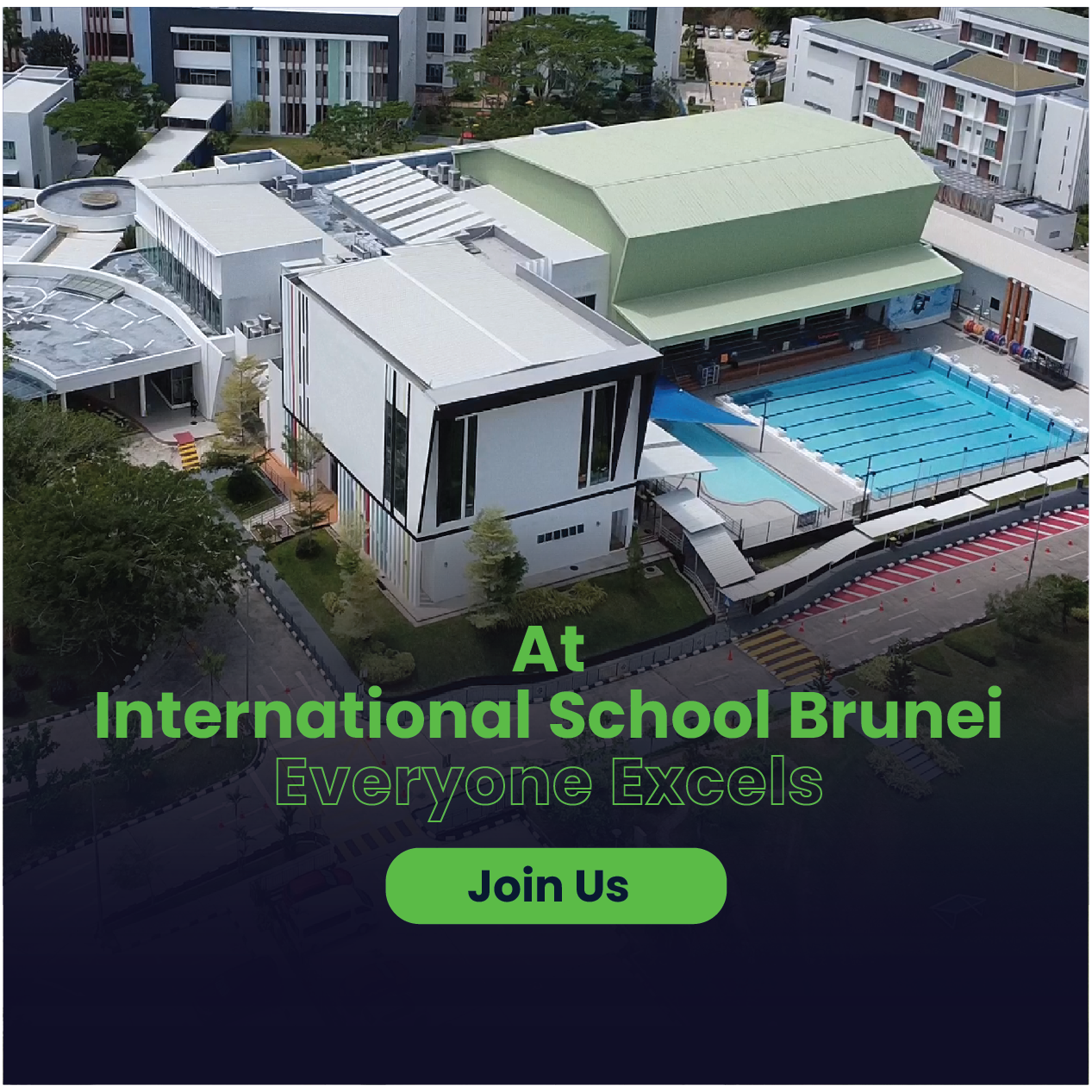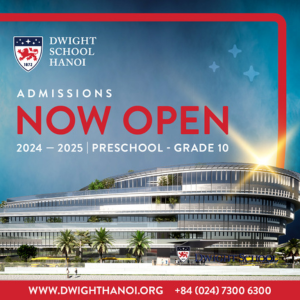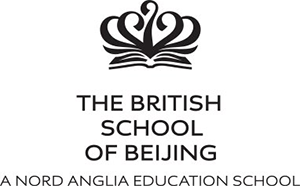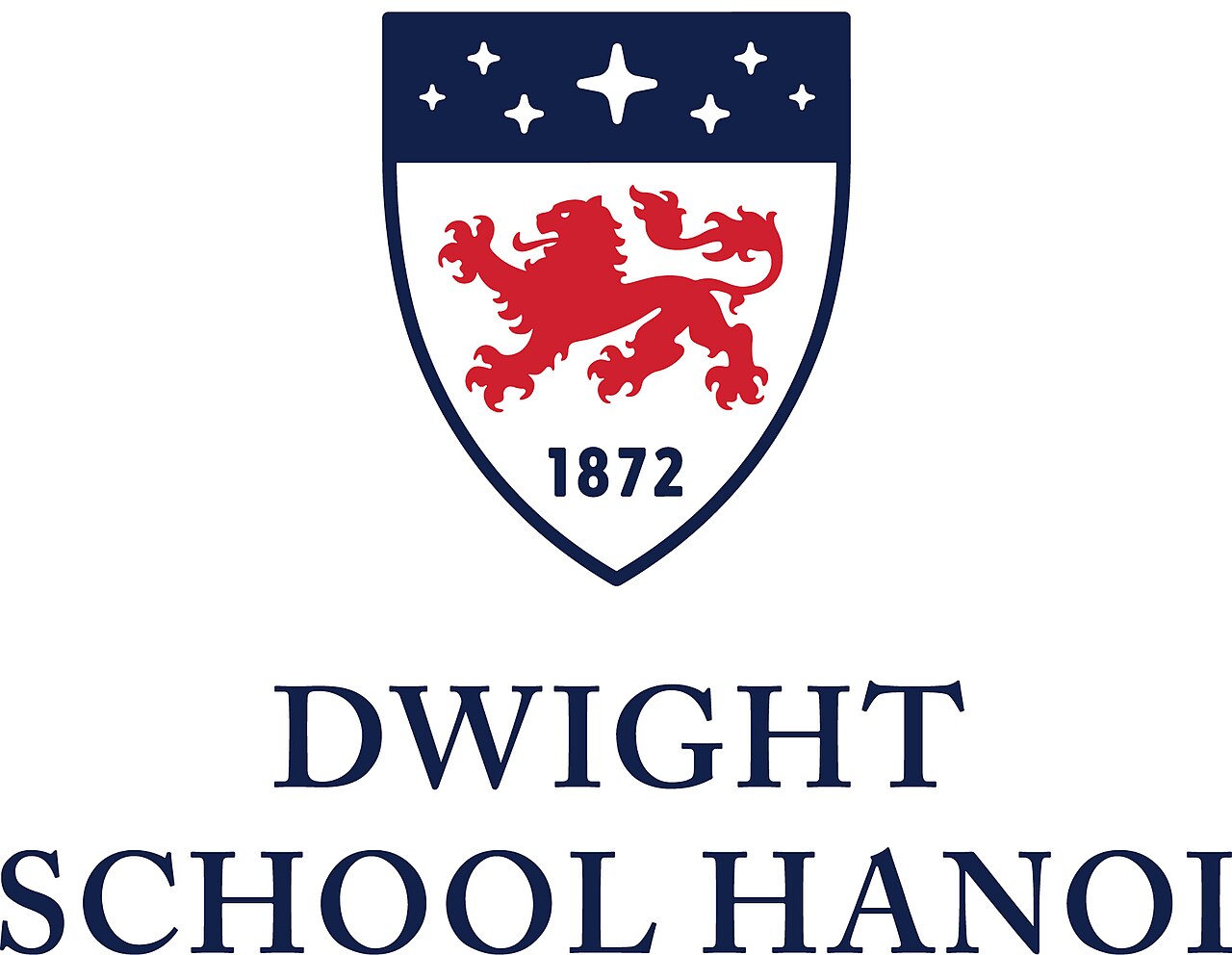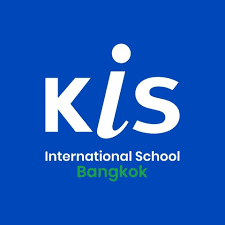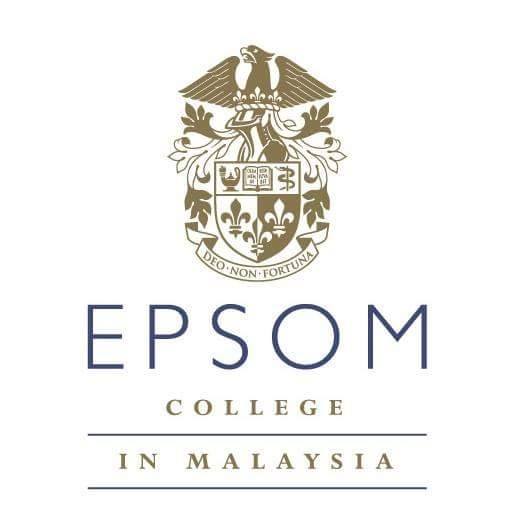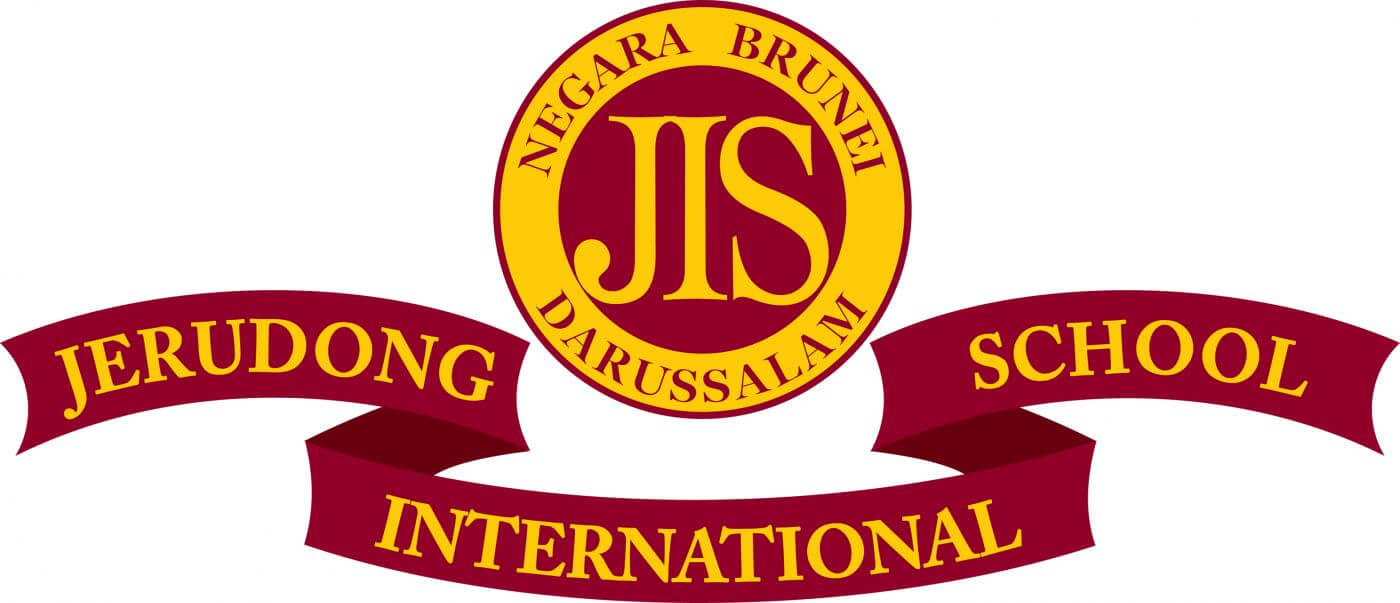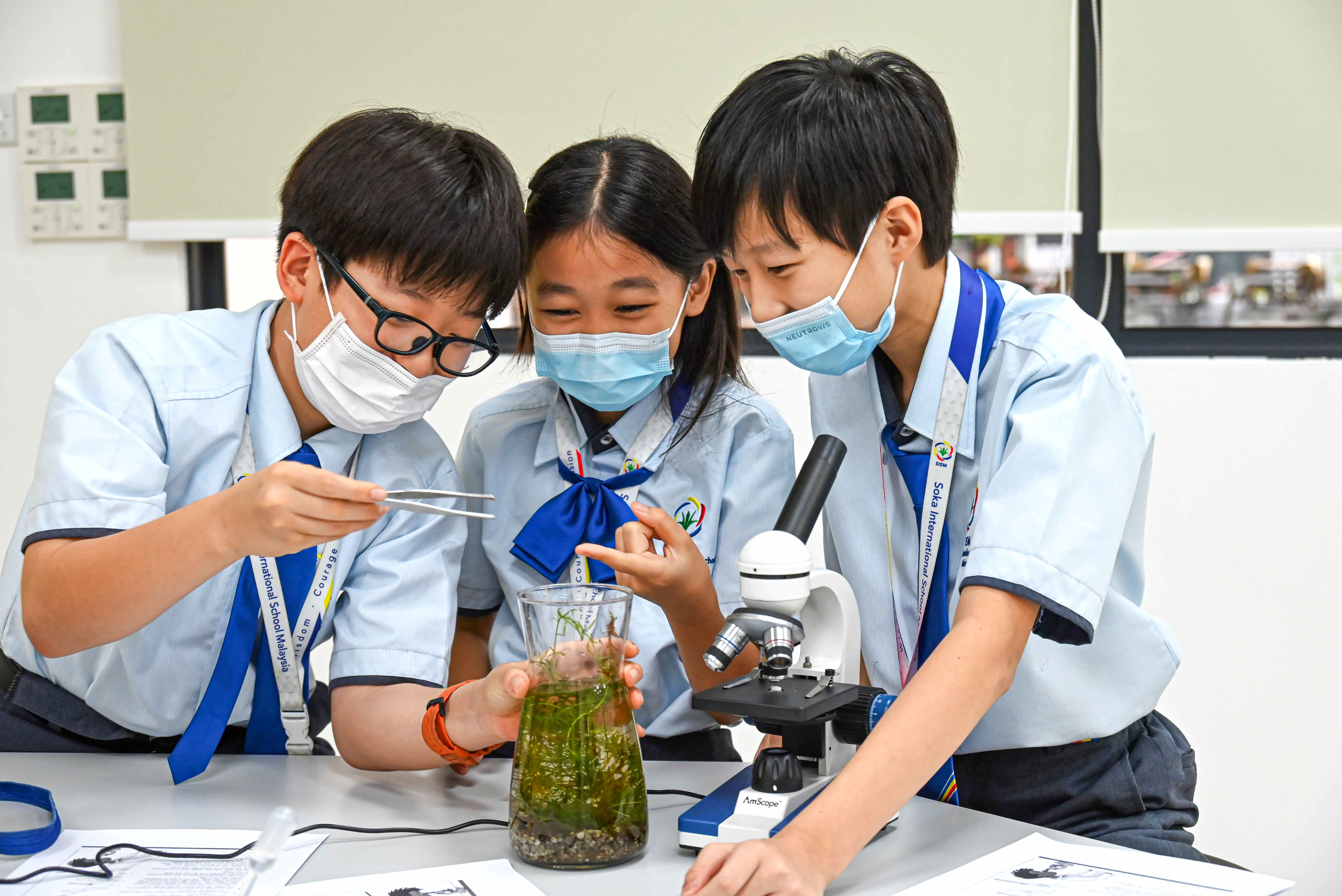
As education evolves to meet the complexities of the 21st century, a new vision is reshaping classrooms worldwide. Beyond grades and exams, schools are embracing a more holistic approach that emphasises the joy of learning, character development, and social-emotional well-being. This shift reflects a broader philosophy that sees learning as a lifelong journey, creating value for personal growth and society.
Learning with Joy and Purpose
At the heart of this transformation is a focus on “learning joyfully and purposefully.” When driven by genuine curiosity and purpose, learning becomes an experience that students actively engage in rather than passively endure. Many schools are adopting purpose-based and mastery-based approaches, where students explore subjects meaningfully, guided by personal interests instead of external pressures.
This approach encourages students to become “Genuine Learners”—motivated, engaged, and perpetually curious about the world. Experiential learning activities, such as hands-on projects and real-world problem-solving, reveal the relevance and purpose of their studies, fostering lifelong curiosity and wonder.
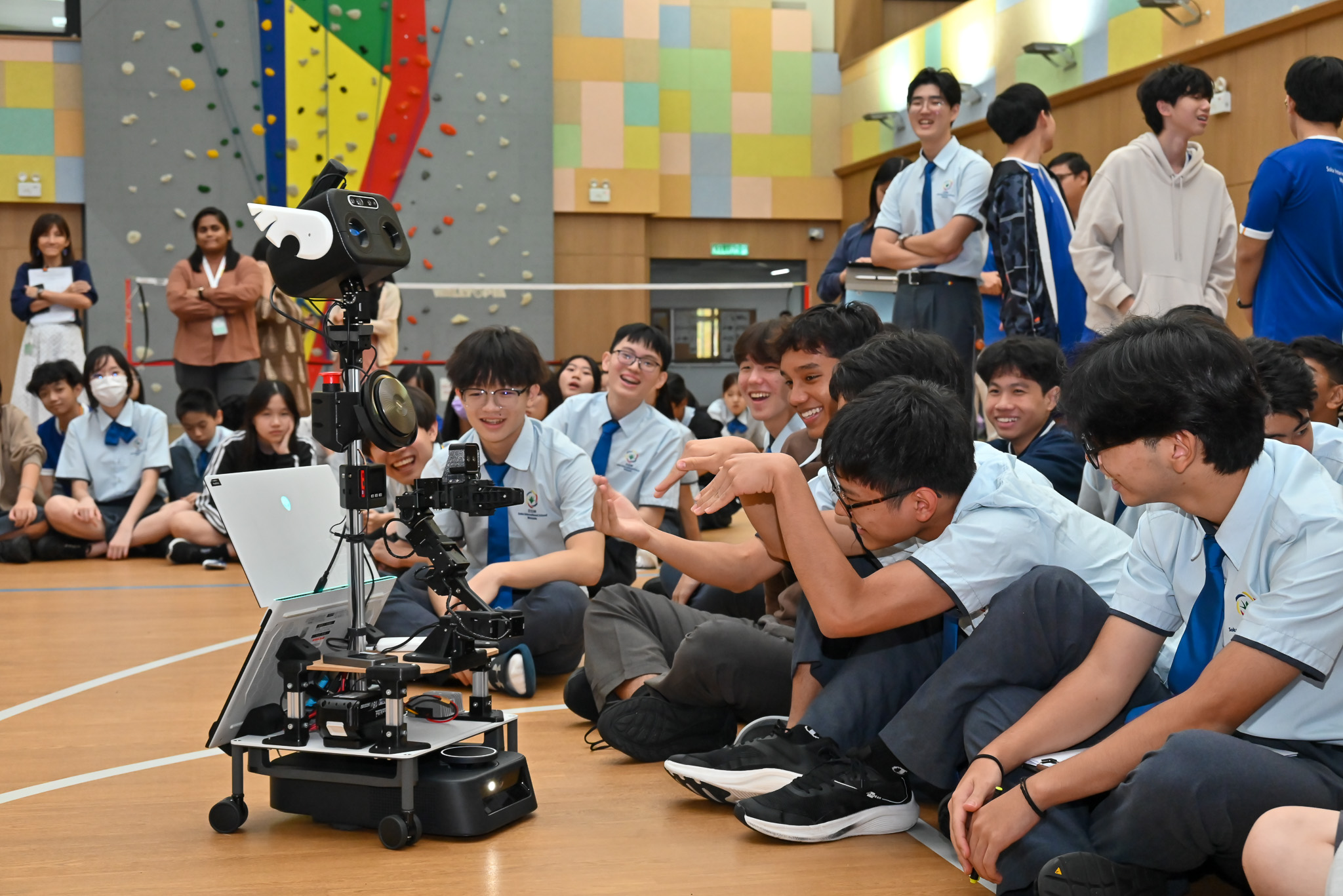
“Education is more than a path to future achievement; it is a journey that enriches life itself, rooted in a philosophy of value creation. Emphasising learning as a source of happiness and personal growth, supports the students to become lifelong learners who take joy in discovering, questioning, and understanding the world around them,” says Dr Wendy Yee, the Principal of Soka International School Malaysia, an international school based in Seremban.
Creating value through learning is closely tied to happiness. When students learn out of genuine curiosity, education becomes a powerful tool for both personal fulfilment and societal contribution. This purpose-driven approach nurtures happiness and helps shape resilient, thoughtful individuals with a desire to make meaningful impacts.
Fostering Global Citizens with Wisdom, Courage and Compassion
In an interconnected world, fostering global citizens with wisdom, courage, and compassion is critical. Schools are embracing humanistic learning models that focus on character development, with values such as grit, respect, and appreciation central to the curriculum. Education thus goes beyond academic knowledge to instil empathy, resilience, and a sense of responsibility to the community.
Through reflective practices and community-oriented projects, students learn to make choices grounded in empathy and social responsibility. These activities, often involving dialogic learning, encourage self-awareness and a mindset oriented toward positively impacting others.
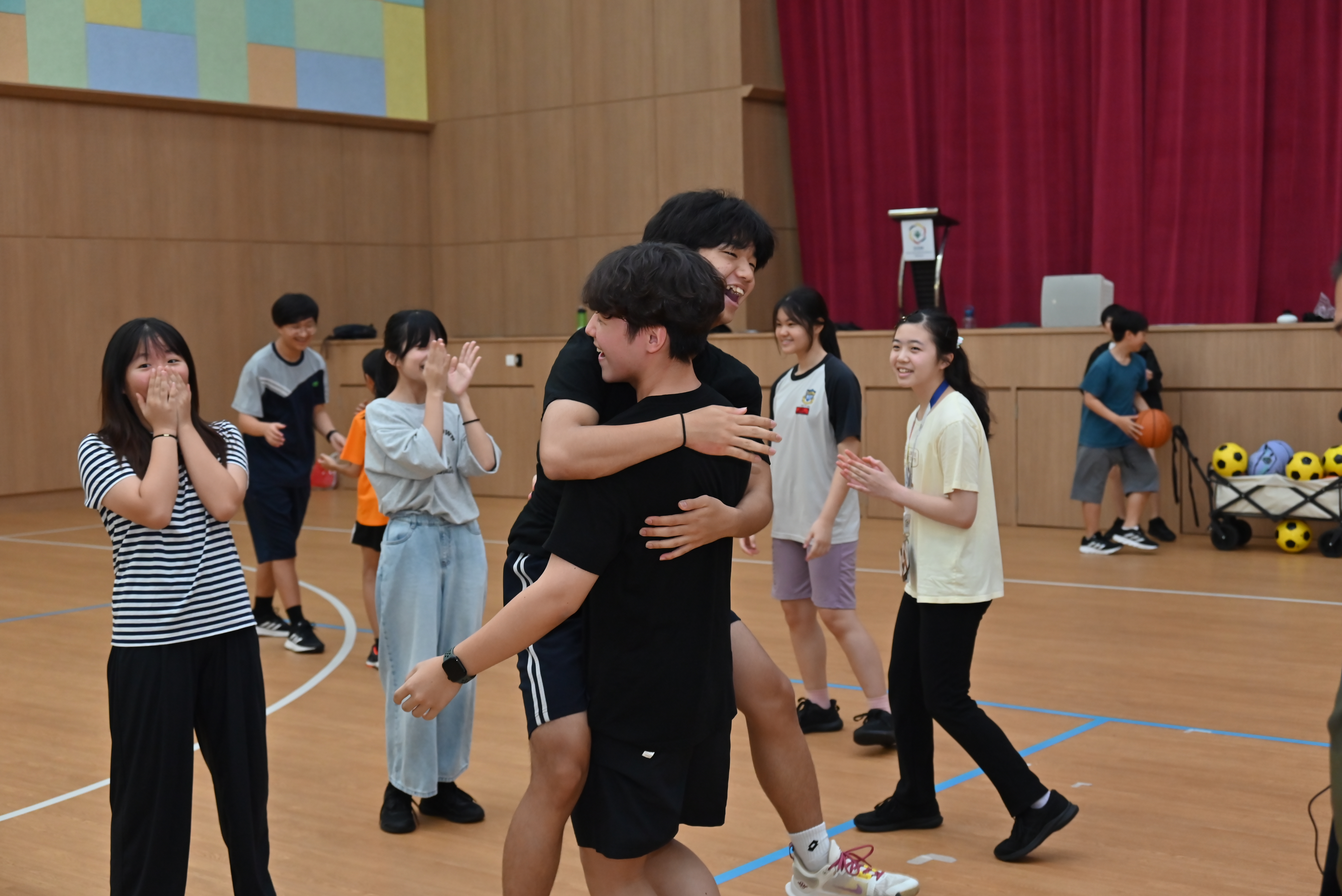
Well-Being in Education with a Supportive Boarding Experience
Recognising the growing importance of mental health, schools are integrating social-emotional learning (SEL) into their core offerings. SEL fosters students' ability to manage emotions, set goals, and build positive relationships, creating a supportive environment where students can grow and thrive.
For boarding students, this extends to structured routines and peer support, promoting independence and life skills within a nurturing framework. At SISM, this commitment to well-being ensures students approach their studies with resilience and joy, prepared to overcome challenges with confidence.
A boarding experience should be designed to foster holistic growth, with peer support, structured routines, and opportunities for lasting friendships. This approach eases the transition to living away from home and instils essential life skills, like self-discipline and resilience, which students carry forward.
Principal Dr Wendy Yee emphasizes this commitment, noting, “Education goes beyond the classroom. We integrate well-being as part of the educational experience, with wellness workshops and open discussions aimed at instilling a proactive understanding of mental health and self-care. It is important to have a balanced environment where students thrive both academically and emotionally, preparing them for life’s challenges with confidence and care.”
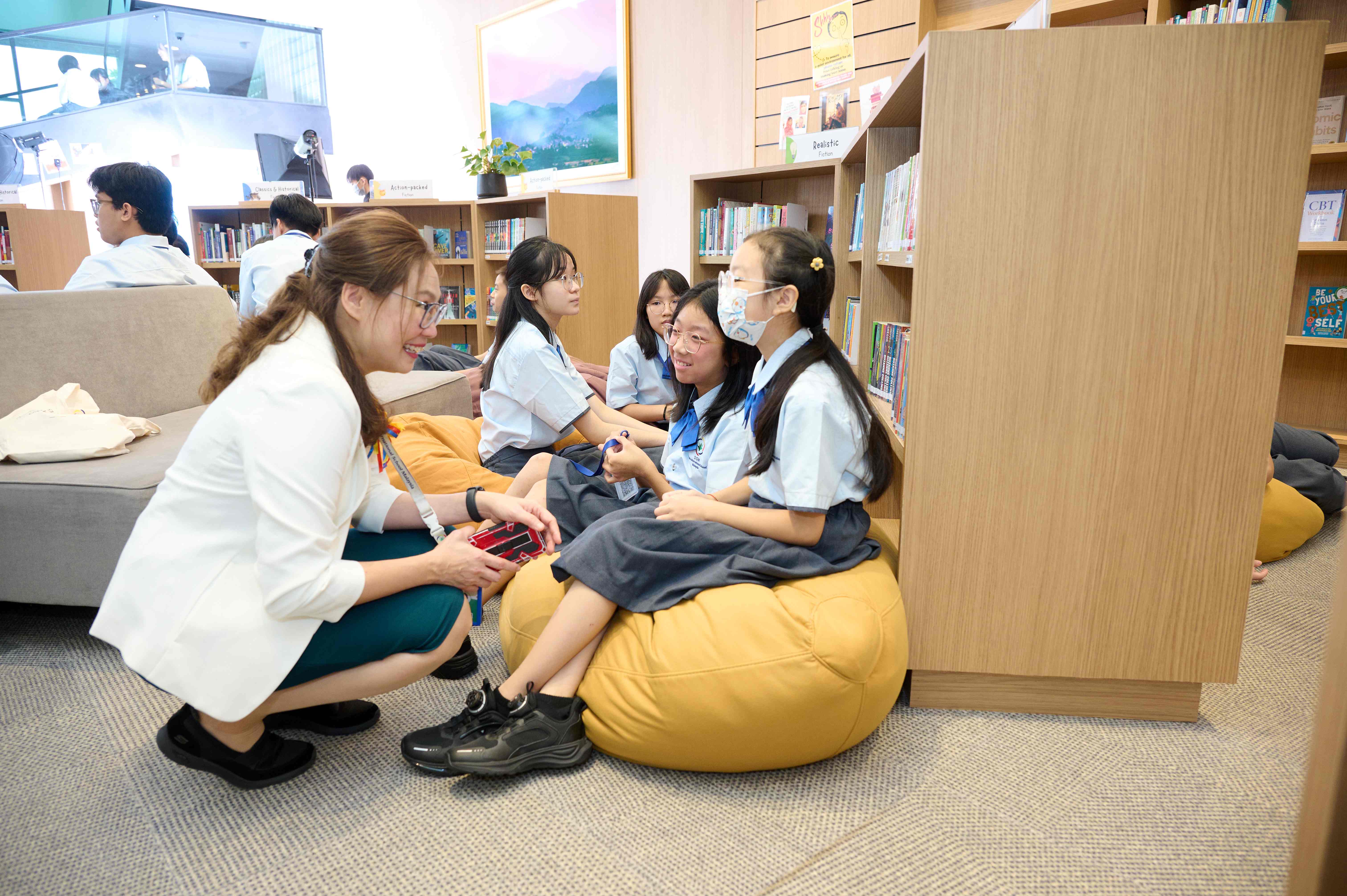
Preparing for a Purposeful Future
As society and industry evolve, so too must education. Skills such as adaptability, collaboration, and critical thinking are increasingly valuable in today’s interconnected world. Purpose-based learning and mastery-based assessments are helping students develop core competencies, from adaptability to collaboration and problem-solving, that prepare them for personal and professional success.
Many schools now incorporate collaborative projects and real-world experiences to ensure learning is meaningful. By connecting classroom concepts to practical applications, students gain insights that prepare them for future careers and foster a commitment to lifelong learning.
The humanistic model and “purpose-based learning” approach emphasise fostering global citizens capable of creating value in every aspect of life. These principles are woven into the curriculum to nurture adaptable students ready to innovate and contribute to a world grounded in peace and compassion.
A Vision for Modern Education
These principles—learning with joy and purpose, building character, prioritising well-being, and preparing for a purposeful future—are key to rethinking education. Embedded deeply in schools like SISM, these values ensure that students not only achieve academically but also grow into individuals who create value and contribute to society.
For those seeking an education that focuses on growth, well-being, and purposeful learning, SISM offers a pathway worth exploring.
To schedule a visit or learn more, visit their website at sism.edu.my or contact them directly.






















